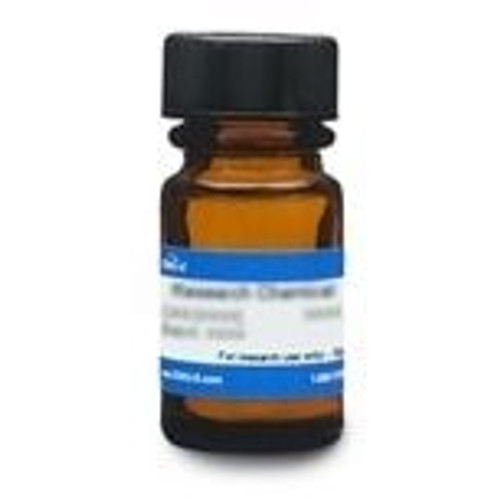Podophyllotoxin, a natural, non-alkaloid toxin lignan extracted from the roots and rhizomes of Podophyllum species, was first isolated in 1880.
Serving as a model for antii-tumor properties, Podophyllotoxin has been used to inhibit the growth of various carcinoma cells. It has been used for testicular, breast, pancreatic, lung, stomach, and ovarian cancers. It is also used as an antiviral, and has been used against HPV and Molluscum contagisum.
| Mechanism of Action | Podophyllotoxin stops replication of both cellular and viral DNA. As an antimitotic, it inhibits microtubule assembly by binding to tubulin, specifically the colchicine site. Podophyllotoxin is a topoisomerase II inhibitor. Resistance has been described in Chinese hamster cells, mutants are affected in a protein P1 called mammalian SSP6- or chaperonin protein. |
| Spectrum | Antiviral. Antineoplastic. |
| Cancer Applications | Podophyllotoxin was used in human cervical carcinoma HeLa cells and to study cell growth inhibition and protein expresion. It inhbits cell growth and induces apoptosis. It is suggested that the agent is related to the metabolism-associated proteins. (Wang et al, 2013). Podophyllotoxin cna also be produced in cell culture by Podophyllum hexandrum under in vitro conditions. The compound was applied to the human breast cancer cell line (MCF-7) and researchers found 1 nM was able to inhibit the growth of cancer cells by 50% (Chattopadhyay S et al 2010). |
| Molecular Formula | C22H22O8 |
| References | Canel C, Moraes RM, Dayan FE and Ferreira D (2000) Podophyllotoxin. Phytochem. 54(2):115-120 Chattopadhyay S, Bisaria VS, Panda AK and Srivastava AK (2004) Cytotoxicity of in vitro produced podophyllotoxin from Podophyllum nexandrum on human cancer cell line. Nat. Product Res. 18(1):51-5 PMID 14974618 Imbert TF (1998) Discovery of podophyllotoxins. Biochimie 80(3):207-222 PMID 9615861 Sackett DL (1993) Podophyllotoxin, steganacin, and combretastatin: Natural products that bind at the colchicine site of tubulin. Pharmacol & Ther. 59(12):163-228 PMID 8278462 Wang B et al (2013) Proteomic changes induced by podophyllotoxin in human cervical carcinoma HeLa |


